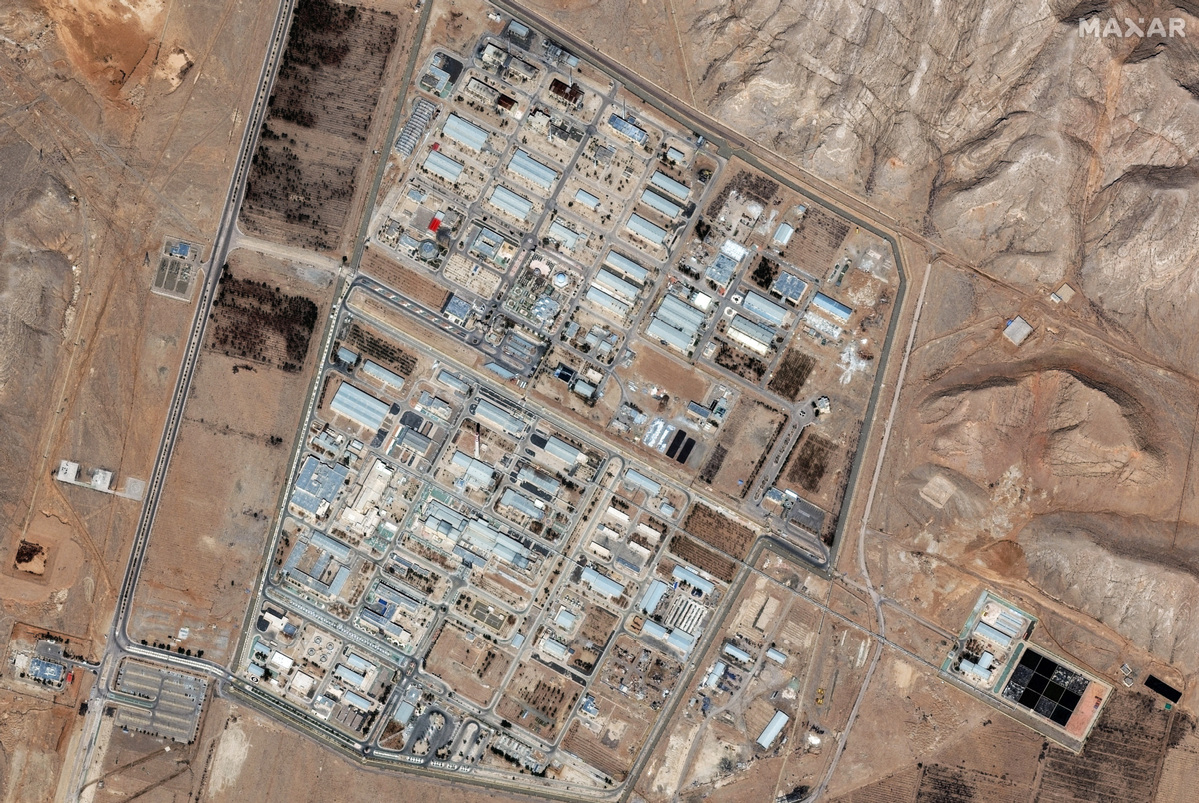Israeli airstrikes have inflicted critical damage on a major Iranian nuclear facility, significantly disrupting the country’s uranium enrichment process, according to a new assessment by the International Atomic Energy Agency (IAEA). The strikes targeted Iran’s uranium-conversion facility in Isfahan, located roughly 400 kilometers south of Tehran.
The Isfahan site is essential to Iran’s nuclear infrastructure, as it is the only facility in the country capable of converting raw uranium into feedstock for centrifuges. Without this capability, Iran’s ability to enrich additional uranium is effectively frozen, despite its existing stockpile. The IAEA report suggests the strikes could set back Iran’s fuel cycle operations by several months.
“If you interrupt that piece of the flow-sheet, the fuel cycle doesn’t work anymore,” said Robert Kelley, a former IAEA inspector and US nuclear engineer. He added that unless Iran has backup systems in place, it may take considerable time and resources to restore functionality.
The IAEA further confirmed that while Israel managed to destroy above-ground facilities at Iran’s primary enrichment site in Natanz, the heavily fortified underground sections remained intact. However, experts caution that extended military operations may prompt Iran to deepen its nuclear activities underground, potentially shutting out international inspectors.
The strikes also resulted in the deaths of nine senior Iranian nuclear scientists, delivering a serious blow to Tehran’s technical capabilities. “It’s going to make it very difficult for Iran to reconstitute the program to the level that it was at prior to these attacks,” said Suzanne Maloney of the Brookings Institution.
Iran retaliated over the weekend with hundreds of ballistic missiles and drone strikes targeting Israeli cities, heightening fears of a broader regional conflict.
Kelsey Davenport of the Arms Control Association warned that the attacks might hinder the IAEA’s ability to monitor Iran’s atomic program and could lead to the diversion of nuclear material to covert locations. With around 400 kilograms of highly enriched uranium on hand, experts say Iran possesses enough material for multiple weapons if it chooses to exit the Non-Proliferation Treaty and expel inspectors.
The full strategic fallout from Israel’s strikes remains uncertain, but the damage to Iran’s nuclear infrastructure and the deaths of key personnel mark a significant shift in the region’s security dynamics.













